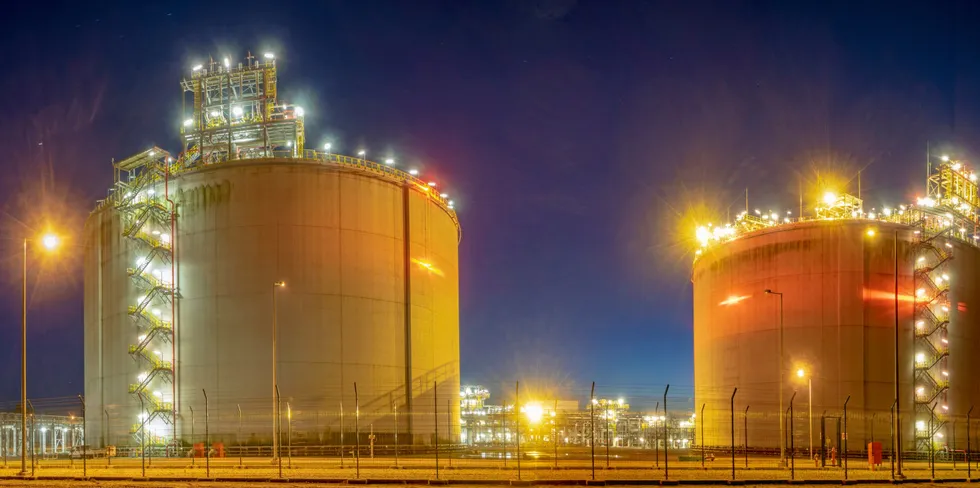'The next LNG' | Massive deals show supermajors' growing love for green hydrogen: analyst
Renewable H2 forays by TotalEnergies and BP confirm confidence in industry, says Wood Mackenzie

Renewable H2 forays by TotalEnergies and BP confirm confidence in industry, says Wood Mackenzie
